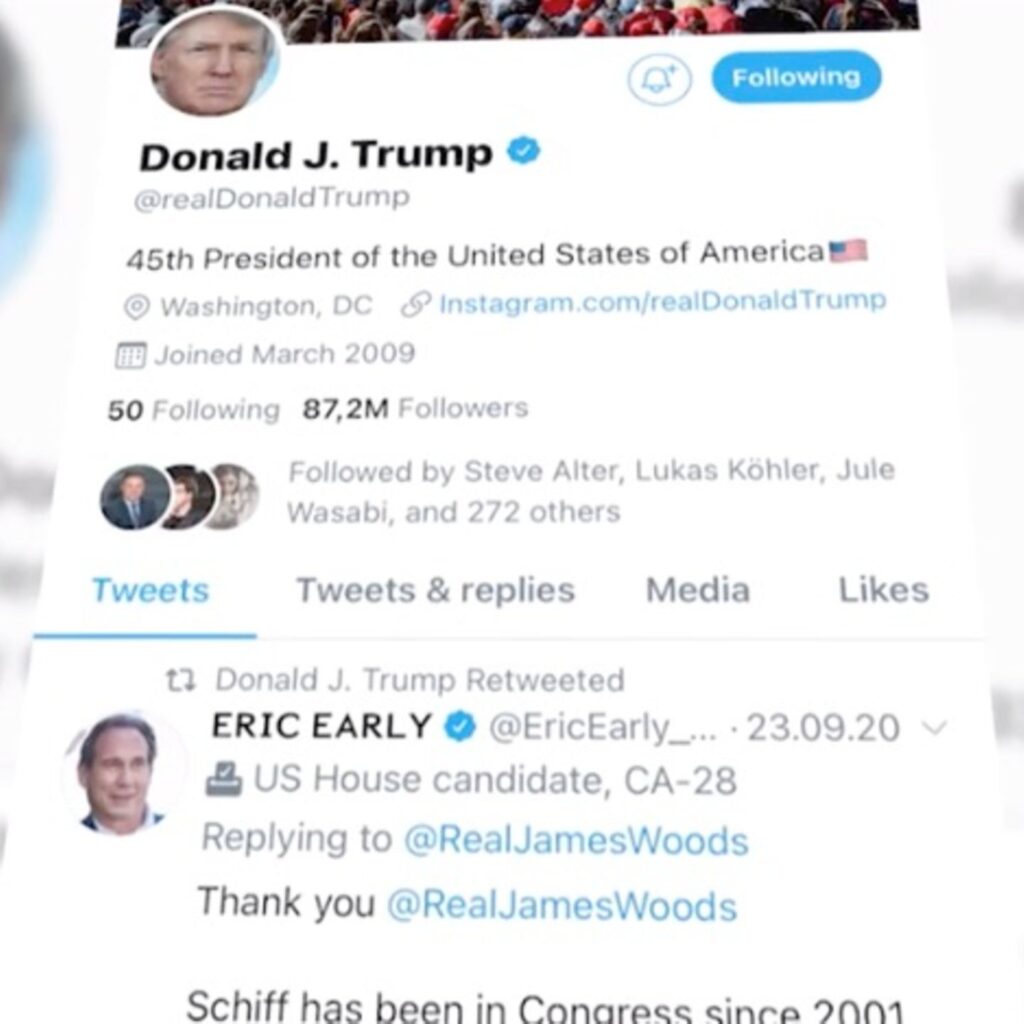
Introduction
The phenomenon of Donald Trump’s tweets has become a pivotal aspect of modern political discourse. Since his candidacy in 2016, the former President’s unfiltered messages on social media have sparked debate, driven narratives, and even influenced stock markets. Understanding the significance of these tweets is essential, as they have reshaped how politicians communicate and how the public engages with politics.
Trump’s Tweeting Legacy
Donald Trump was known for using Twitter as a primary vehicle for his thoughts and policies, amassing over 88 million followers at his peak. His tweets ranged from policy announcements to personal attacks on opponents, media personalities, and even global leaders. After being banned from Twitter in early 2021 following the Capitol riot, the impact of his tweets has evolved, yet they remain a topic of conversation and concern.
Recent Developments
In October 2023, Trump announced his return to social media with plans to push a new campaign message through various platforms, including Truth Social, where he remains an active user. This move comes as the former President gears up for the 2024 presidential election, aiming to engage his base while expanding his outreach. Experts speculate on whether his tweets may still hold the same sway as they did during his term, especially given the rise of misinformation and political polarization in recent years.
The Impact on Politics and Public Opinion
Trump’s tweets have significantly shifted the political landscape, affecting narratives around key issues such as immigration, healthcare, and foreign relations. According to a Pew Research study conducted in 2021, nearly 70% of Americans reported that Trump’s social media presence influenced their perception of him, showing how digital communication adapts public opinion. Political analysts suggest that, despite the controversies, Trump’s tweet-based interactions have enhanced his engagement with supporters and contributed to mobilizing voter bases.
Conclusion
The era of Trump tweets has undeniably transformed the fabric of political communication. As the former President prepares for the upcoming elections, the potential influence of his social media strategy remains a critical area to watch. While debates surrounding misinformation and the role of social media in democracy continue, it is important for voters to critically assess the information disseminated through these channels. The significance of Trump’s tweets goes beyond mere words; they encapsulate a shift towards an unpredictable and often chaotic digital age of politics.



